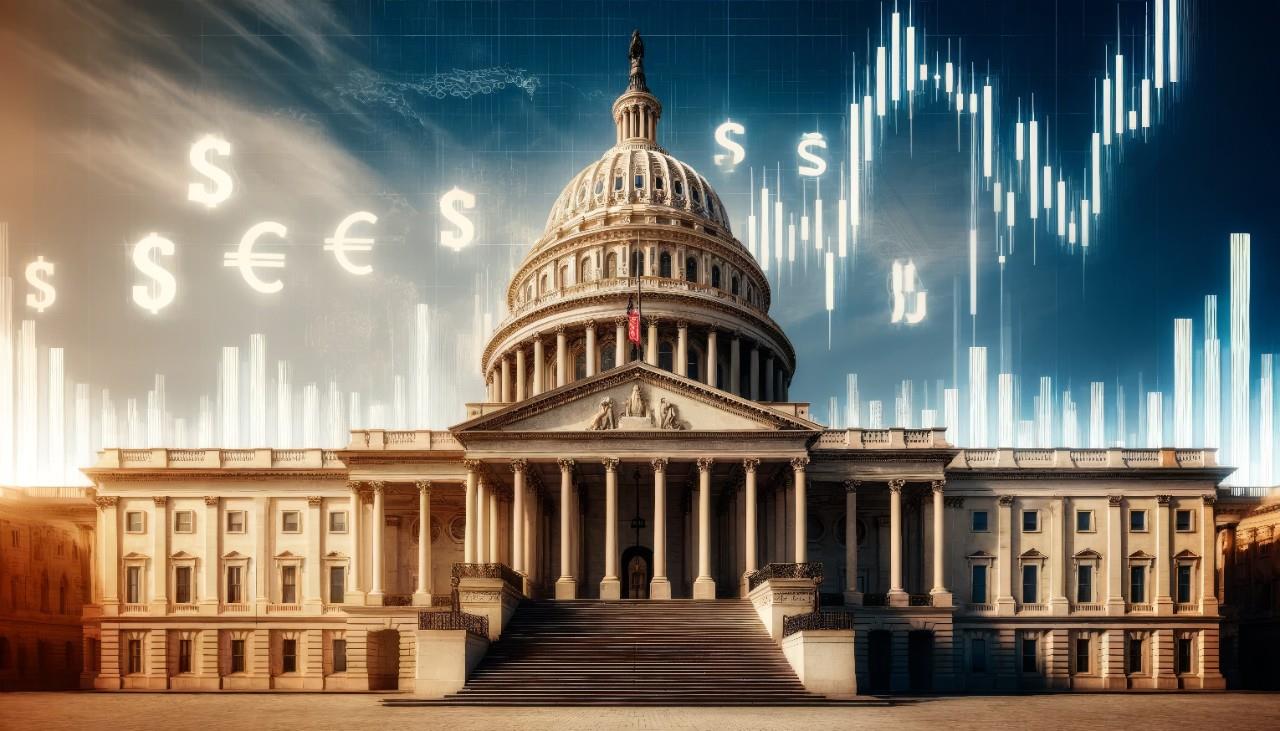The End of a Bromance: Trump and Musk’s Fallout
The once-dynamic duo of Donald Trump and Elon Musk appears to have reached an unexpected crossroads, with their recent social media spat signaling the end of their bromance. Initially, the two men were perceived as allies during the election campaign and in the early months of Trump’s administration. However, recent comments from Trump about Musk’s departure from the U.S. government have ignited a public dispute, leading to heightened interest among investors and political observers alike.
The Dramatic Fallout
The discord between Trump and Musk has not only been dramatic but also filled with implications. Their interactions were closely watched, given Musk’s influence over the tech landscape and Trump’s power as a former president. After Trump made remarks suggesting that Musk’s exit reflected poorly on his leadership, the tension escalated. This was not just a personal matter; it impacted one of the most prominent tech companies in the world—Tesla.
Tesla’s Market Reaction
Equally significant was the market reaction triggered by this fallout. Tesla’s shares plummeted to their lowest levels in a month, marking the biggest one-day drop in the company’s history. For investors, this sudden volatility raises eyebrows. Tesla, as one of the most iconic stocks in the market, naturally commands attention, and its fluctuations often serve as a barometer for investor sentiment.
While the immediate impact on Tesla’s market value was turbulent, it raises questions about the long-term implications for shareholders. Those focused on broader economic indicators may shrug off the volatility, but for investors in Tesla specifically, the situation is more complex. Musk’s recent actions have allegedly alienated many non-MAGA voters, both in the U.S. and globally.
Scrutinizing Sales Data
Indeed, sales figures tell a troubling story for Tesla. Reports indicate a staggering 45% drop in UK sales during May, a trend mirrored in other crucial markets. Such figures not only jeopardize immediate revenue but may also affect brand loyalty in the long run. If consumers feel estranged by Musk’s actions and policies, regaining their trust could be a lengthy process. The next earnings report, slated for July 22, will be pivotal. Investors are left wondering whether Musk can demonstrate a turnaround or if the current slump is merely the beginning of a more significant decline.
The Broader Economic Context
While the Twitter exchanges between Trump and Musk generated buzz, they multifacetedly diverted attention from more pressing economic concerns, namely the upcoming non-farm payrolls (NFP) report. Last month’s figure of 177,000 jobs added is expected to see a drop to 130,000 this month, according to Reuters predictions. The recent ADP report pointed to weaker job growth, although the correlation between ADP numbers and NFP outcomes is often tenuous.
Adding another layer of complexity, attention is also turning towards wage growth figures. Polls indicate a mixed outcome, with an expected rise of 0.3% month-over-month alongside a slowdown in annual growth from 3.8% to 3.7%. Investors will closely monitor these figures for insight into the economic landscape, influencing both policy decisions and market behavior.
Response to Economic Data
This week’s market movements reflect a nuanced reaction to economic data. Generally, a positive outlook is emerging, with traders often perceiving bad data as a prelude to future recovery—especially with tariffs being paused, creating a temporary sense of stability. However, as the trading week wraps up, there remains uncertainty. Investors may choose to trim their risks, particularly in a context where geopolitical tensions and corporate performances could shift rapidly.
In summary, the crumbling bromance between Trump and Musk serves as a microcosm of larger economic trends, reflecting investor anxieties and corporate repercussions. While the drama plays out, it remains essential to keep an eye on broader economic indicators and their implications for the market at large.


